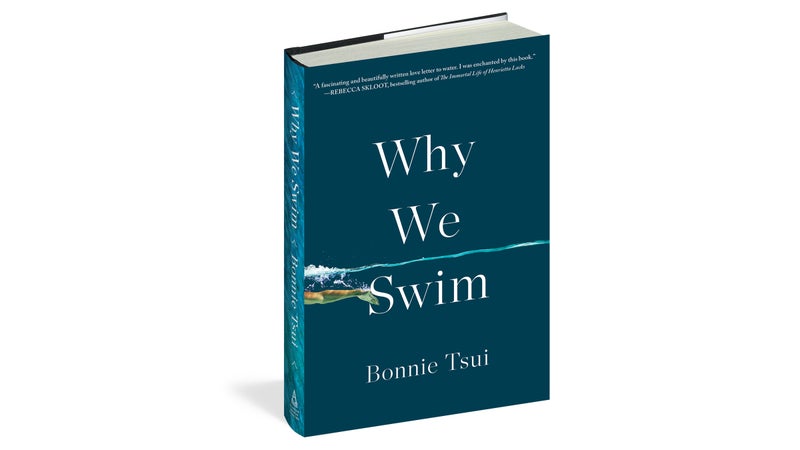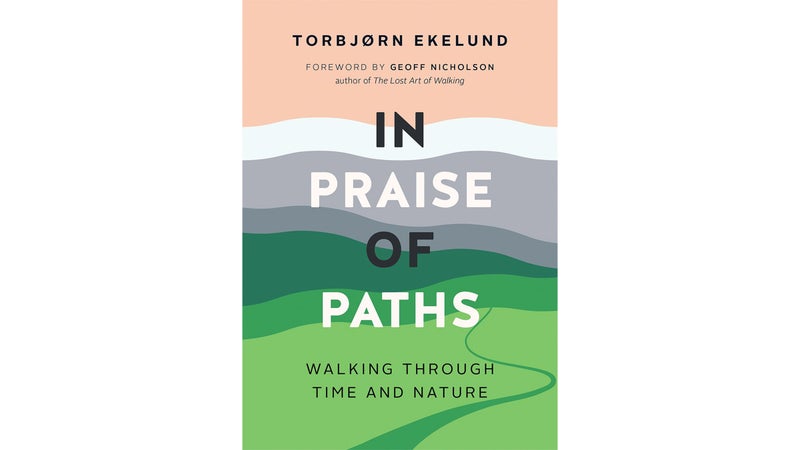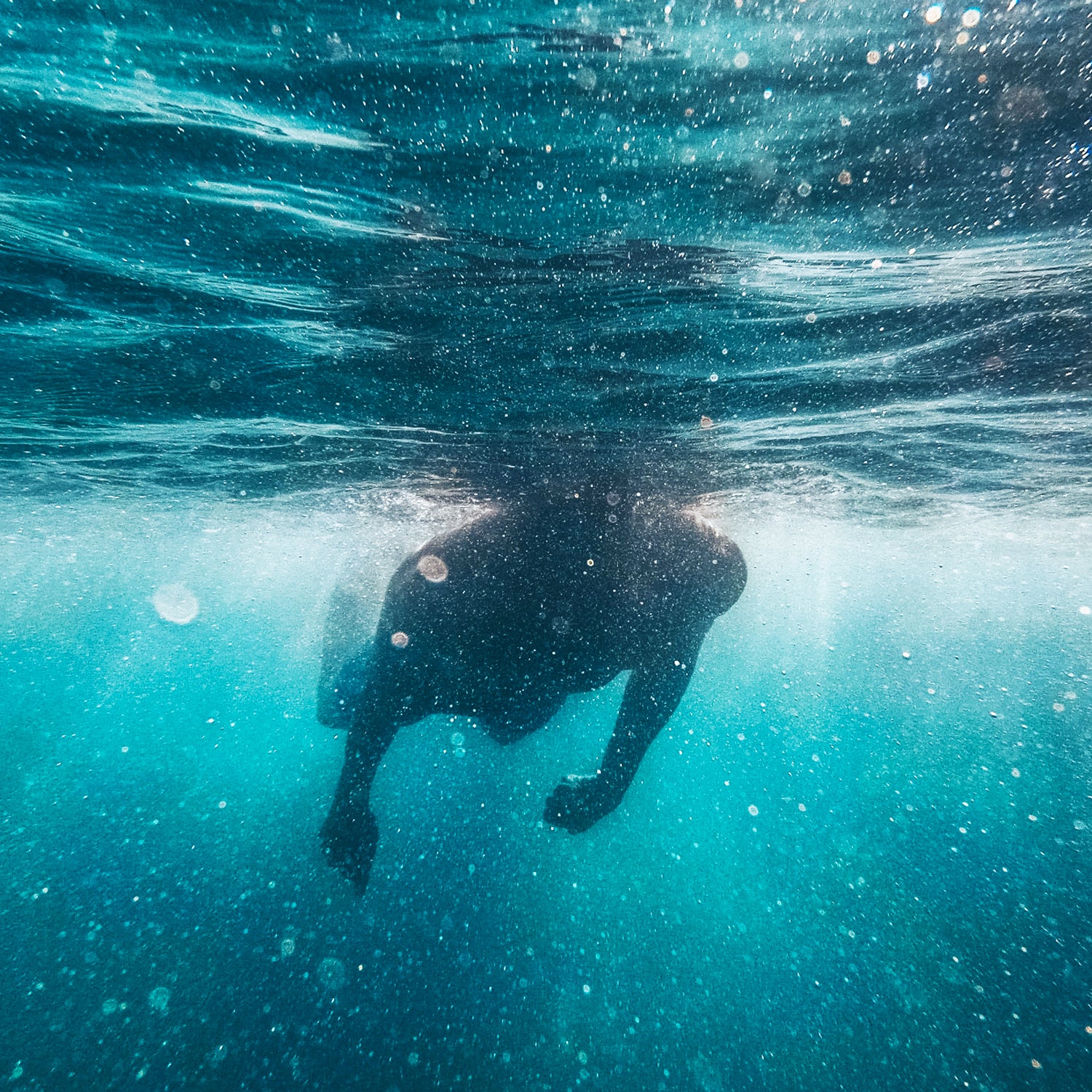Two months ago, we were much less self-conscious about why we left the house.��We took��a stroll through the park or a dip in the lake��in order to get some fresh air,��and that was the end of it; there wasn’t much reason to ask why things like swimming or walking were so worthwhile.��
Writing before the COVID-19 pandemic, two authors decided to examine the role that self-powered locomotion has on our personal growth and spiritual development. Their books have turned out to be remarkably prescient. In this time of limited movement, they open up new ways to think about the time we spend in the pool or on the path.
‘Why We Swim,’ by Bonnie Tsui��

Tsui draws on athletic as well as reportorial grit—and more than a few good jokes—to uncover new lessons about the restorative power of swimming��in��, her ode to the life aquatic.��Endowed��with more wit (and stamina) than most��journalists, Tsui adroitly��interviews Olympic coaches, dives for Pacific abalone, and paddles the frigid San Francisco Bay with open-water titans like Kim Chambers. For Tsui, a��native New Yorker who��spent much of her childhood in Long Island’s swim clubs,��a life without goggles and chlorine would be incomplete. “Three decades of swimming, of chasing equilibrium, have kept my head firmly above water,” she writes. “Swimming can enable survival in ways beyond the physical.”
‘In Praise of Paths,’ by Torbjorn Ekelund

For Ekelund, on the other hand, walking is the preferred mode of transport—and possibly��the only form of exercise that’s worth a damn. After an epilepsy diagnosis made driving too dangerous for him, the Norwegian writer’s feelings about moving on foot��became even more ardent, and he began exploring his attachment to bipedal travel from unique and unexpected angles. He takes a playful and energetic approach to the subject in , rethinking the social, historical, and spiritual needs that are met by putting one foot in front of the other. Ekelund consults with German Romantics, ambles��the prized footpaths of his childhood, reflects on��the transcendent song lines of nomads in the Australian outback, and explores the ragged world of thru-hiking. “All people, regardless of culture, gender, religion, or class, have had a nightmare at one point or another in which they are running but cannot seem to move,” he writes. “We can think of no harsher punishment than being fixed in place for all eternity.”


